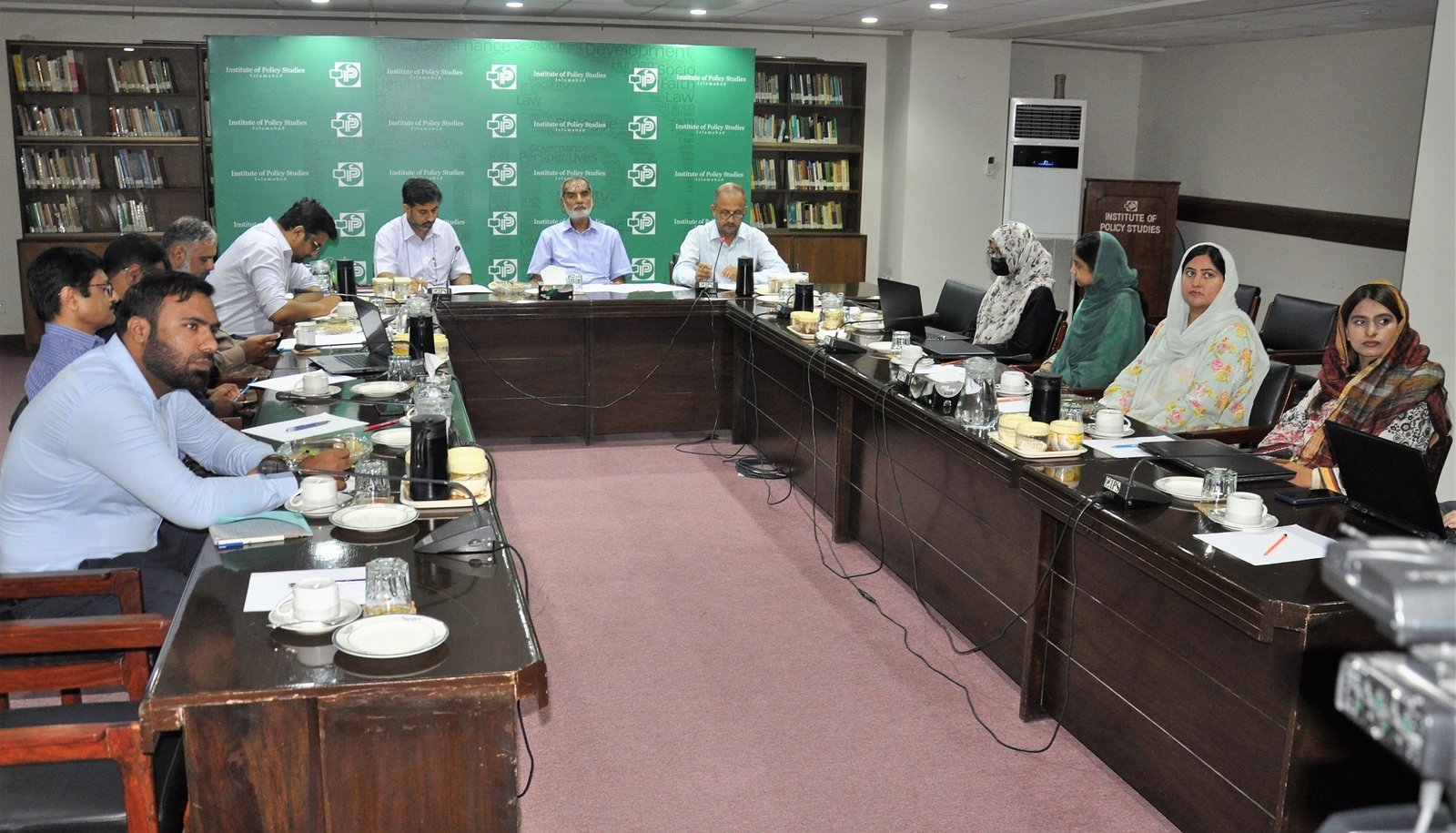The seminar aimed to address the challenges faced in the IT sector in Pakistan and explore solutions to foster digital trust and enhance technology infrastructure.

An informative seminar titled ‘IT Policy Landscape in Pakistan: Challenges and the Way Forward’ held at the Institute of Policy Studies (IPS) shed light on the critical role of well-defined IT policies and the need for a permanent body to manage and update these policies effectively.
The seminar aimed to address the challenges faced in the IT sector in Pakistan and explore solutions to foster digital trust and enhance technology infrastructure.
Guest speaker Humayun Zafar, an ICT specialist, emphasized the significance of designing policies that promote the IT sector rather than hinder its growth. He pointed out that many policies in Pakistan have been restrictive and lack a clear vision, roadmap, or predefined goals. To encourage innovation, innovation-friendly policies should be developed, creating an environment conducive to technological advancements and conflict resolution.
Zafar acknowledged the ambitious goal set by Pakistan’s IT leadership to achieve an annual IT export target of $10 billion but noted a significant digital mistrust among the public due to concerns about potential failures. This mistrust has led to resistance towards digital transformation. To address this challenge, Zafar highlighted the need for regulatory frameworks and policies that boost confidence in ICT and technology infrastructures.
In addition, Zafar stressed the importance of addressing emerging technologies such as Artificial Intelligence (AI) and the Internet of Things (IoT) in IT policies. These areas should be addressed proactively to keep pace with technological advancements. He also emphasized that IT policies should encompass concerns related to digital fraud and information security.
Given the dynamic nature of the IT industry, Zafar proposed the establishment of a permanent body dedicated to analyzing policy outcomes and conducting comprehensive policy reviews at least biannually. This would ensure that policies remain relevant and effective in an ever-evolving sector.
Khalid Rahman, Chairman of IPS, emphasized that governance deficits and political instability have contributed to the digital gap in Pakistan. He supported the idea of establishing a dynamic structure or mechanism for conducting biannual interim policy reviews to enhance policy evaluations. Rahman highlighted the importance of aligning policy assessments with other sectors and policies to maximize their impact.
Furthermore, Rahman emphasized the need to prioritize resources and promote e-governance to increase public awareness and participation. While e-governance can address many issues, it is essential to address questions related to willpower, capacity, and interests in the long run.
Dr. Fakhr-ul-Islam emphasized the need for a learning approach in Pakistan’s IT sector. Instead of comparing progress with other countries and feeling discouraged, he emphasized harnessing the country’s IT sector’s potential through well-crafted policies that address industry-specific barriers.
The seminar provided valuable insights into the challenges and opportunities in Pakistan’s IT policy landscape, highlighting the importance of fostering digital trust, embracing emerging technologies, and establishing a permanent board for policy management and updates. These efforts are crucial in realizing Pakistan’s IT goals and advancing the sector in the digital age.